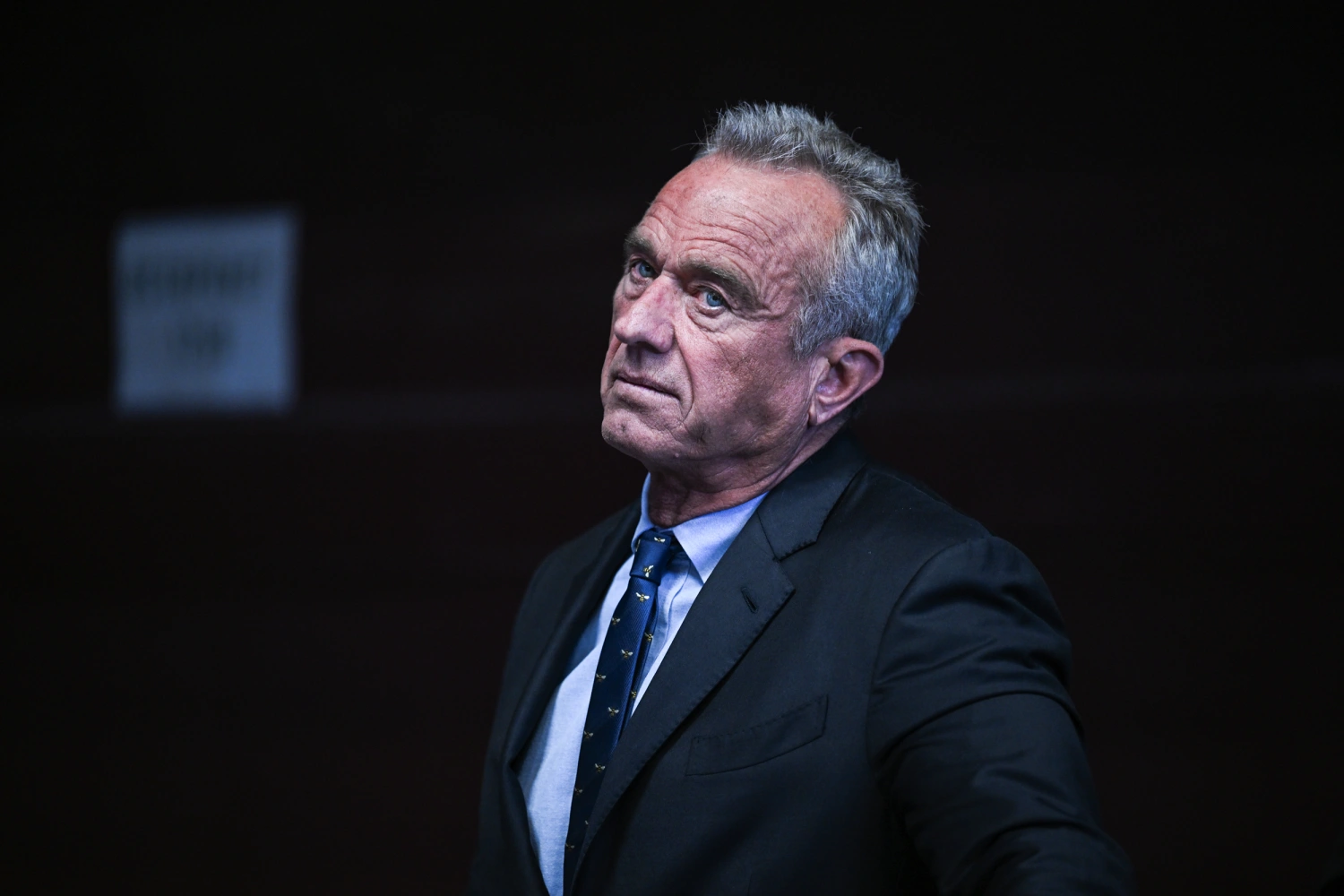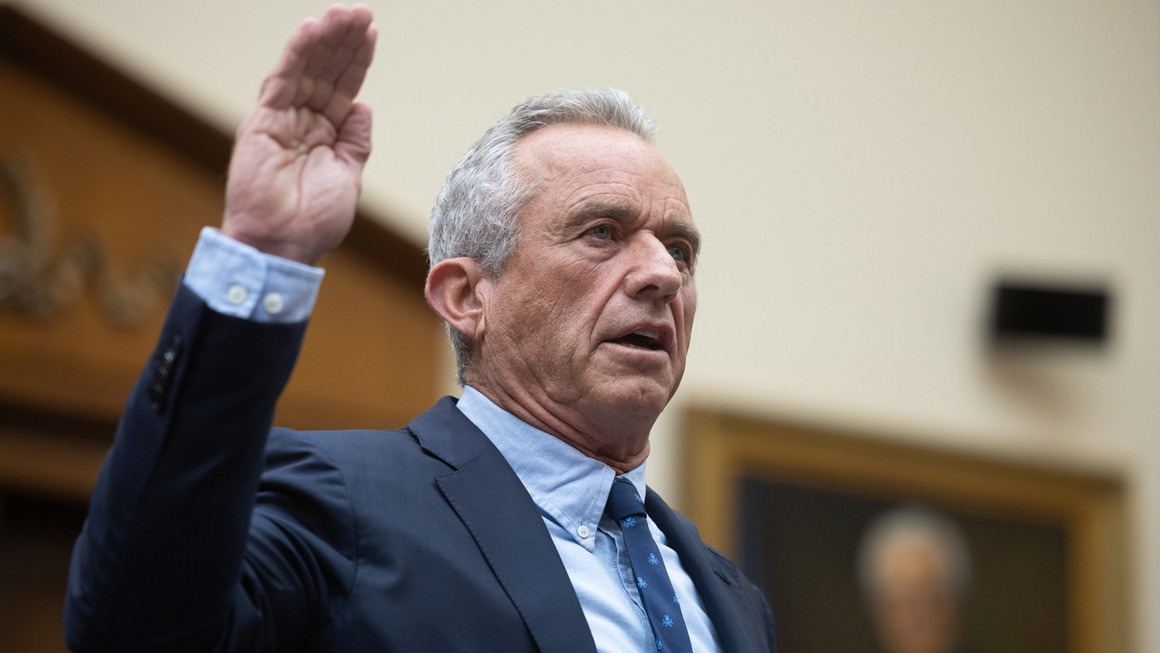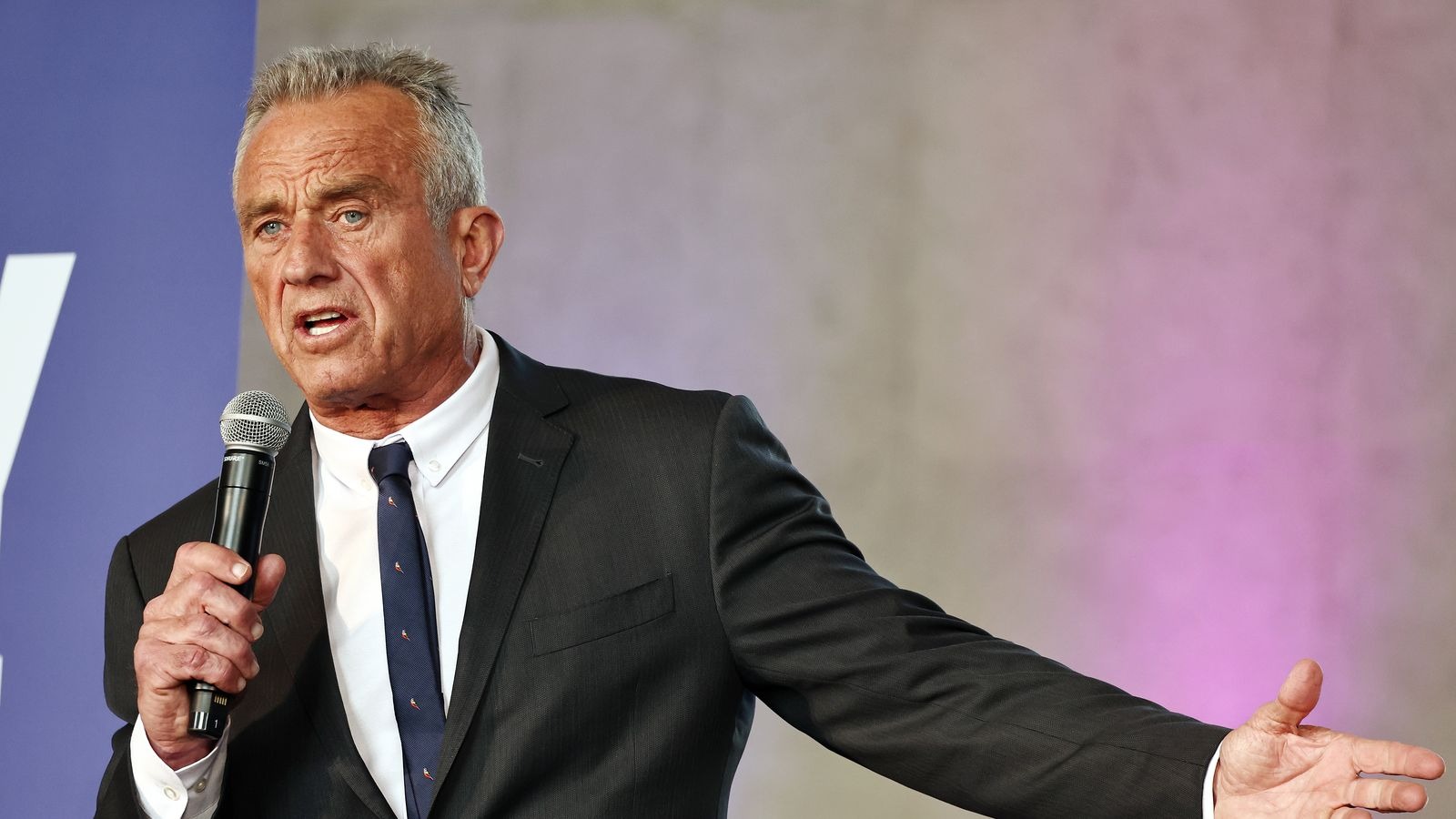The debate over Secret Service protection for independent presidential candidate Robert F. Kennedy Jr. has escalated as his fifth request for such security was denied by Homeland Security Secretary Alejandro Mayorkas.
The refusal was detailed in a March 28 letter, citing an advisory committee’s recommendations and an assessment of the facts that did not support a need for protection at this time.
Kennedy’s attorney, Aaron Siri, has criticized the decision as “capricious, an abuse of discretion and clearly politically motivated.” The denial comes despite historical precedents set after the assassination of Kennedy’s father, Robert F. Kennedy, in 1968, which originally expanded Secret Service coverage to presidential candidates.

RFK Jr. (Credits: NBC News)
Siri highlighted that 32 presidential candidates have since received Secret Service protection, arguing that the threats Kennedy Jr. faces, evidenced by an incident involving armed individuals at one of his campaign events, warrant similar security measures.
Siri’s contention is that the refusal to grant protection overlooks both the apparent threats and the recommendations of the Secret Service itself, suggesting that political motivations may be influencing the decision. He accused Mayorkas of neglecting Kennedy’s safety and compromising the integrity of the U.S. political system.
Kennedy Jr. himself has expressed dissatisfaction with the repeated denials, suggesting on social media that the situation undermines the impartiality and integrity of American political institutions.

RFK Jr. (Credits: Politico)
His comments reflect a deep frustration with what he perceives as a politicization of decisions that should be governed by security needs rather than electoral considerations.
The controversy underscores a broader debate about the criteria for granting Secret Service protection to presidential candidates, the interpretation of security threats, and the influence of politics in these decisions.
This issue not only affected Kennedy Jr.’s campaign but also raised questions about the transparency and fairness of protective services extended to presidential candidates in the United States.


























